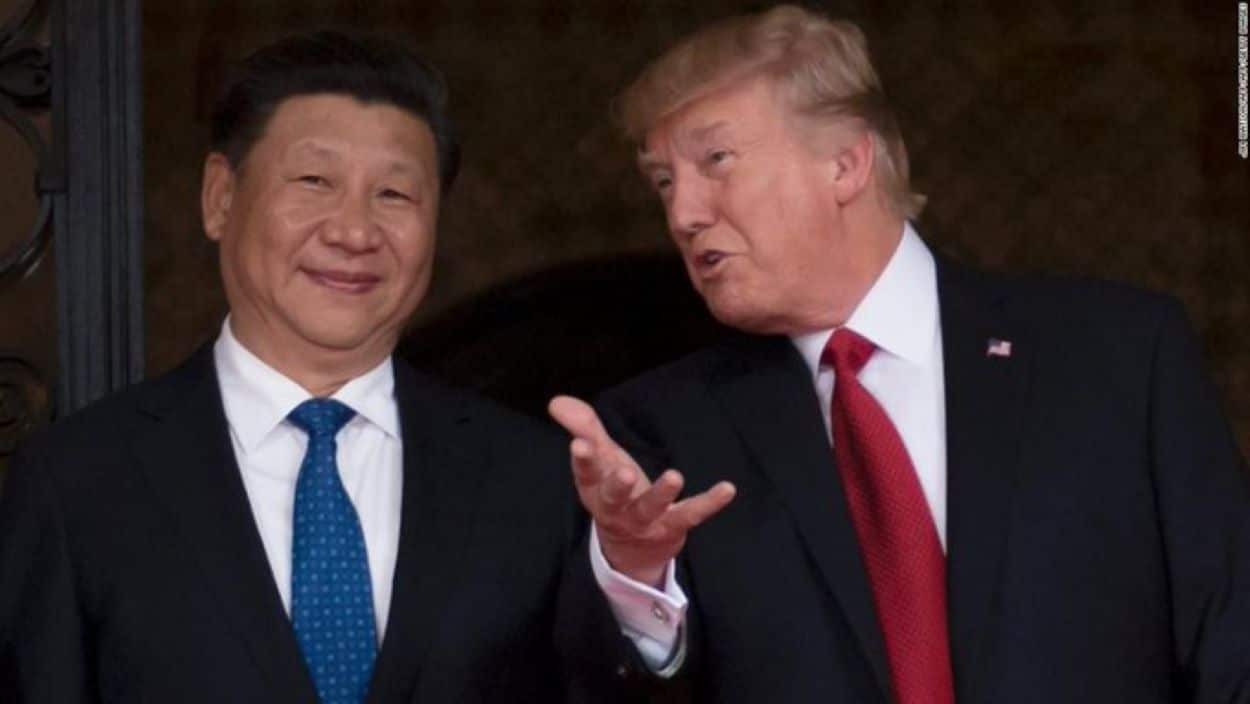Foreign Ministry spokesperson Mao Ning said China was willing to engage with the US based on mutual respect. This statement came as Donald Trump neared victory in the presidential election. Despite striving for a constructive approach, Chinese strategists foresee ongoing trade, technology, and security tensions under the Trump administration.
Read: President Elect Donald Trump Outlines Key Policies in Victory Speech
“Our policy towards the US remains steadfast,” Mao stated, reinforcing China’s commitment to peaceful coexistence and mutually beneficial cooperation.
However, Chinese analysts anticipate tougher rhetoric and possible restrictive tariffs from Trump. Tong Zhao, a senior fellow at the Carnegie Endowment for International Peace, remarked, “While China doesn’t prefer Trump’s victory and prompts concerns, it wasn’t wholly unexpected.”
Trump Tariff Threat
The potential for increased trade disputes looms, with Trump proposing tariffs above 60% on Chinese imports and threatening to revoke China’s most-favoured-nation trade status. This prospect deeply concerns Beijing, given its extensive trade relations with the US, which exceed $400 billion in goods annually.
Zhao highlighted further apprehensions, “Beijing fears the resurgence of a trade war and faster decoupling of technology and supply chains under Trump, which could significantly impact China’s economic and social stability.”
In response, China may boost its pursuit of technological independence and economic self-sufficiency while seeking stronger economic partnerships with nations such as Russia.
Brian Wong, an assistant professor at the University of Hong Kong, suggested that China might prepare strategic proposals to engage the Trump administration, aiming to safeguard its domestic economic interests.
Additionally, the likelihood of Trump’s isolationist policies could prompt China to enhance its relations with the Global South, Europe, and Northeast Asia, exploiting the global leadership gaps his administration might leave.
Recent diplomatic movements, including a thaw in relations with India and outreach to Japan’s new leadership, signal Beijing’s readiness to expand its influence, filling voids left by a potential US retreat from international commitments.
Trump’s stance on Taiwan has also stirred tensions, contrasting sharply with Biden’s more assertive policies, including US troop deployments and arms sales to Taiwan. This shift underscores the complexities and challenges China anticipates in navigating its relationship with the US under a second Trump term.






